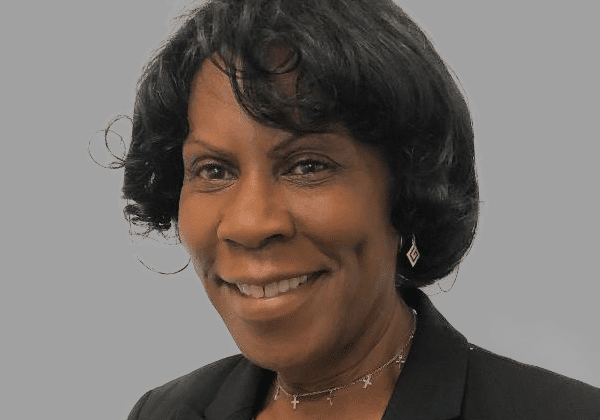Biography
Professor and Chair (Department of Education Specialties) at St. John’s University, New York City, Yvonne Pratt-Johnson has presented numerous conference papers; co-edited/co-authored books; and authored chapters and journal articles. Research interests include literacy development and equity in the teaching of young learners, linguistically/culturally diverse student populations and dialect-different students.
Co-Author: Bonnie Johnson, Ph. D.
One Size Does Not Fit All: A Call for Equity in the Literacy Classroom
Many literacy teachers employ a single pedagogical approach with all mainstreamed students. Yet factors like the presence/absence of books in the home and parents’ level of literacy/involvement contribute to significant differences in students’ readiness to benefit from standard instruction. This presentation calls for authentic equity in literacy education and explores some of the challenges and pathways to achieving this goal.
Each year, millions of children enter classrooms unprepared to learn. The New York City (NYC) public school system, for example, which is the nation’s largest, serves 1.3 million students. It is intended to be the center of learning for children who represent a vast array of languages and heritage cultures. However, these students come from an equally diverse array of circumstances. Some come from homes filled with books, in which reading is practiced daily and computers are found in almost every room. Others come from homes that may have neither books nor computers, or where the parents speak little English and may be illiterate in their native tongues. And even if, for example, a charitable soul provides such households with a used computer, there is seldom enough money for Internet service, let alone tutoring. But here’s the rub – from an education standpoint: although we know that students do not bring the same backgrounds or experiences into the literacy classroom, they often receive the same instruction and are expected to progress at the same pace and achieve the same outcomes. The presentation proposed here will focus on the need to establish equity in the literacy classroom, as well as on the unique challenges that various populations and individuals face in the literacy classroom in NYC, and how to help them overcome these challenges. Achieving equity in literacy education requires putting systems in place to ensure that every child has an equal chance to succeed, regardless of ethnicity, language, culture, socio-economic status, or any other form of exceptionality. If all students are expected to read well, then educators must provide equity in access to the support that they need to do so, both within the school system and beyond. Ultimately, this can mean the difference between inclusion in and exclusion from society.

